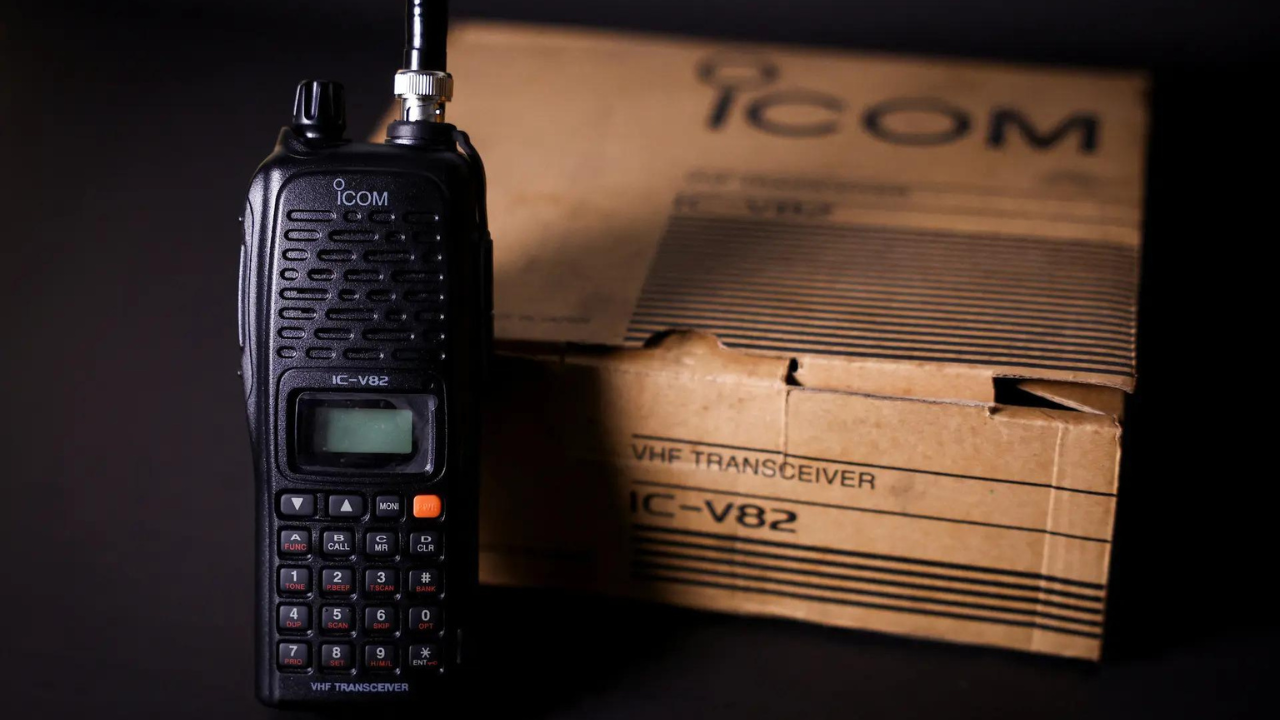Icom exported its IC-V82 two-way radio to regions including the Middle East until October 2014, when it stopped making the devices, the Osaka-based company said in a statement Thursday.It has also halted production of the batteries needed to operate the main unit, it said.
Thousands of electronics devices, including pagers and walkie-talkies, exploded over the last two days, killing at least 26 people and wounding more than 3,000. The militant group Hezbollah has accused the Israeli government of orchestrating the attacks, with tensions escalating further in the region. Israel has declined to comment.
Among the many outstanding questions is how explosive materials were planted in the devices. If the Icom walkie-talkies were first manufactured a decade ago, it’s possible they were modified well after sale to their original customers.
The company said all its radios are manufactured at a factory in Wakayama Prefecture, in Western Japan. It said it does not outsource production overseas and follows protocols outlined by government regulations.
Given that photographs of the devices show severe damage around the battery compartment, the batteries may have been modified with explosives after procurement, Icom director Yoshiki Enomoto was quoted as saying in a Kyodo report.
The Japanese government is also collecting information regarding the matter, chief cabinet secretary Yoshimasa Hayashi said. Icom also won a contract in the 1990s to supply the US department of defense with transceivers.






